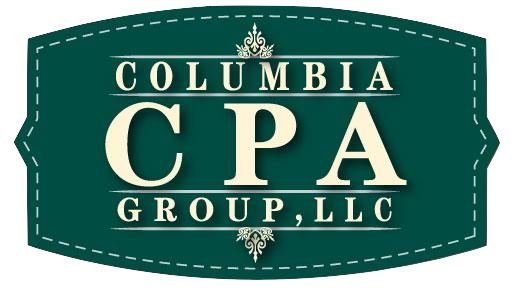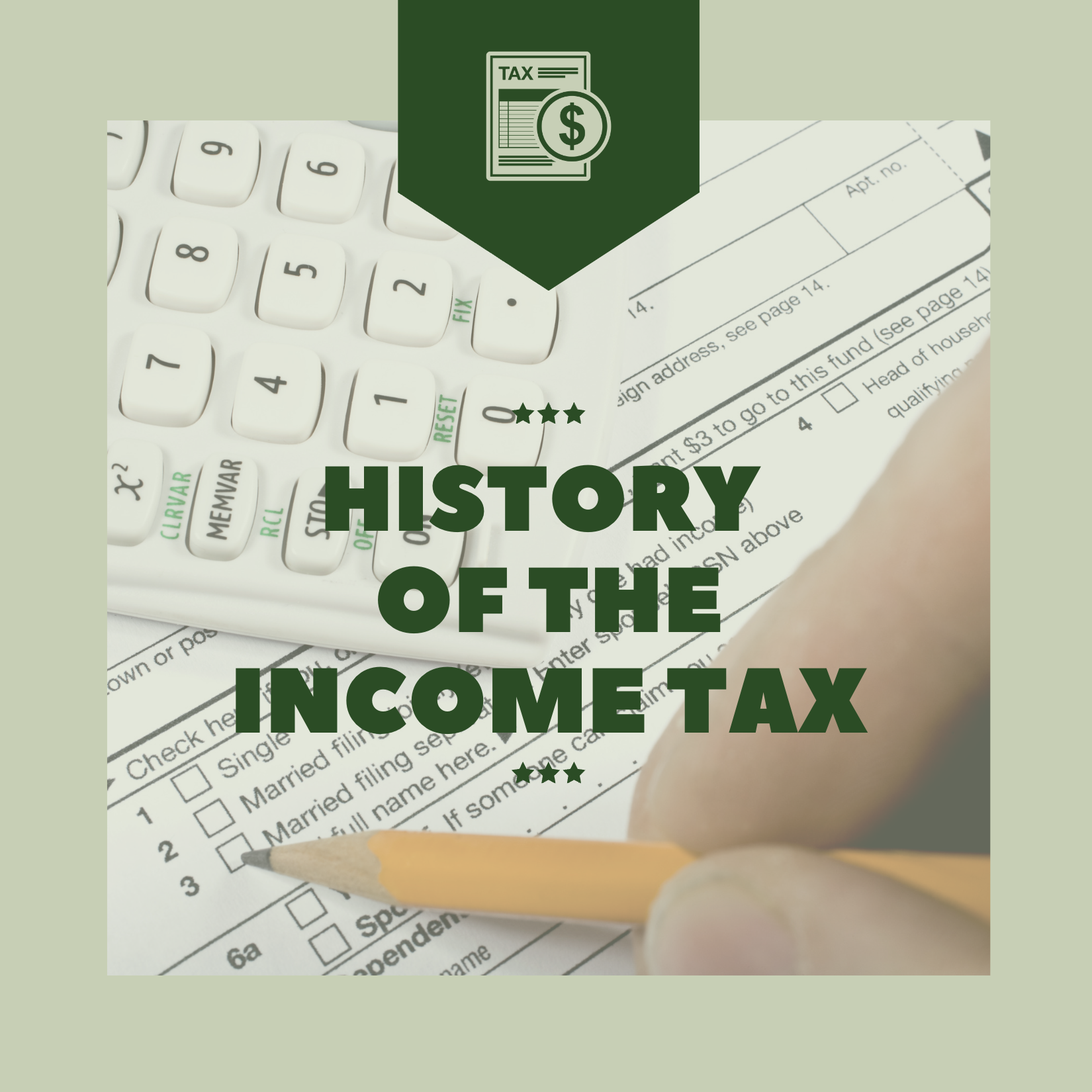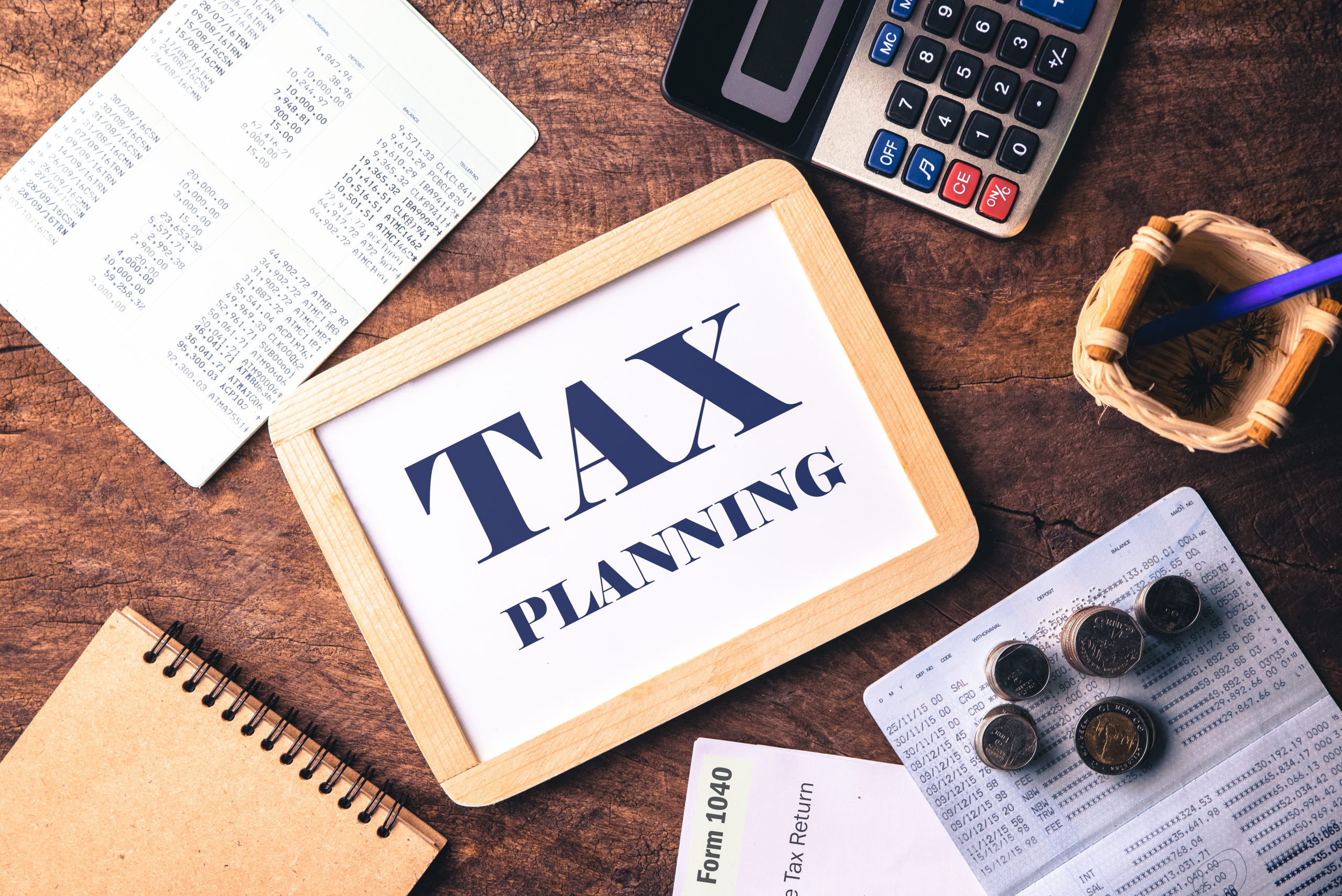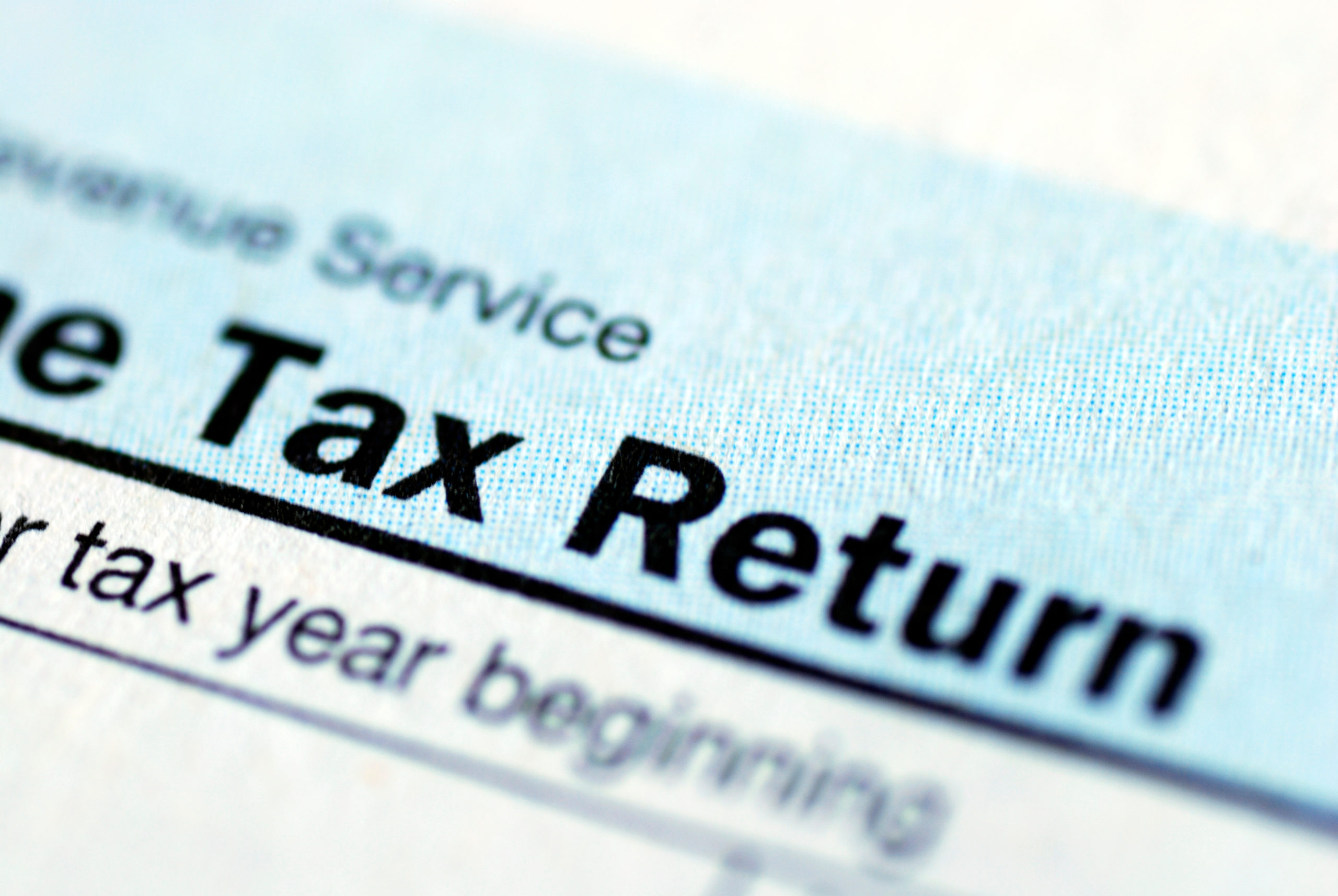
Posted Oct 12, 2018 at 2:10 PM Updated Oct 12, 2018 at 2:10 PM on Columbia Daily Tribune
In coaching small business owners and preparing proactive tax plans for clients, the home office deduction is one that I always recommend. If the IRS allows you to take a deduction for bills you already pay each month like utilities and a mortgage, why not claim this deduction and save some money? The home office deduction is not a huge deduction like other strategies I recommend, but most business owners can arrange their operations to claim it. Small tax savings each year can really add up.
That said, the new tax law (aka Tax Cuts and Jobs Act) eliminated the home office deduction for employees. To offset the cost of lowering the tax rates and increasing the standard deduction, Congress gutted Schedule A, itemized deductions. All miscellaneous itemized deductions, subject to the 2% floor were eliminated. Because of this, one of my clients will lose a $35,000 deduction he has able to claim for 2017. To summarize, employees who work from home for the convenience of their employer may no longer claim the home office deduction for 2018 even though it was allowed in 2017.
However, self-employed business owners can still claim the deduction.
A few years ago, the IRS came up with a Simplified Method that eliminates most of the record keeping requirements and the depreciation recapture provision. Later, I will show you how to compute both the traditional and the Simplified Home Office Deductions.
Finally, since daycare businesses represent a small segment of all businesses, specific requirements of daycares have purposely been omitted. If you own a daycare, we recommend that you engage a competent tax preparer or study IRS Publication 587.
Who may claim the Home Office Deduction?
The Home Office Deduction is most commonly claimed by small business owners reporting their income and expenses on Schedule C. Form 8829, Expenses for Business Use of Your Home, is filed in association with Schedule C. However, the Home Office Deduction may also be claimed by farmers filing Schedule F, and partners receiving a Schedule K-1 (1065).
(Please note that Form 8829 is not used to claim the Home Office Deduction for farmers and partners, but rather a worksheet like Form 8829 is prepared.) Also, remember that the IRS requires the business portion of a home to meet the Exclusive and Regular Use Tests.
A common misconception
It is a common misconception that by claiming the Home Office Deduction a taxpayer is waving a red flag and increasing his chance of an audit. I know two CPAs in our town that will not claim the Home Office Deduction for any of their clients. Years ago, I picked up a new client because his CPA of many years wouldn’t listen to him and did not allow him to claim the Home Office Deduction on his tax return. All I can say is that some tax professionals get their required annual continuing education from IRS seminars or from speakers who were trained by the IRS. I have insisted that my business owners who qualify claim the Home Office Deduction for decades and not one has been audited yet! Since my clients haven’t been audited it can’t be a red flag.
Benefits of the Home Office Deduction
The simple benefit of the Home Office Deduction is being able to get a tax break for several items you already purchase. Over time the Home Office Deduction can amount to tens of thousands of dollars in tax savings if claimed every year. The tax code already allows homeowners to deduct their mortgage interest and real estate taxes as itemized deductions on Schedule A. However, claiming them on Form 8829 brings the deduction before Adjusted Gross Income (AGI) which is better, since many federal deductions are benchmarked to AGI, and most states start with AGI in computing state income taxes. This deduction allows you a tax break for a portion of the home-related expenses you pay already.
Limitations of the Home Office Deduction
The Home Office Deduction is a legitimate business expense which reduces taxable income and associated taxes. Decades ago, IRS audits and statistical analysis revealed that the Home Office Deduction was perceived as a generous tax deduction that too many people were claiming that did not qualify. This led to restrictions to the deduction and clearer definitions as to what may be deducted and who qualifies.
IRS Publication 587, page 3, sets forth the primary requirements to qualify for this deduction as exclusive and regular business use.
There is more about the home office deduction to cover, but this is enough for one article. I will cover more in two weeks.
Aric E. Schreiner, CPA, PFS, CTC, is a managing member at Columbia CPA Group, LLC.




